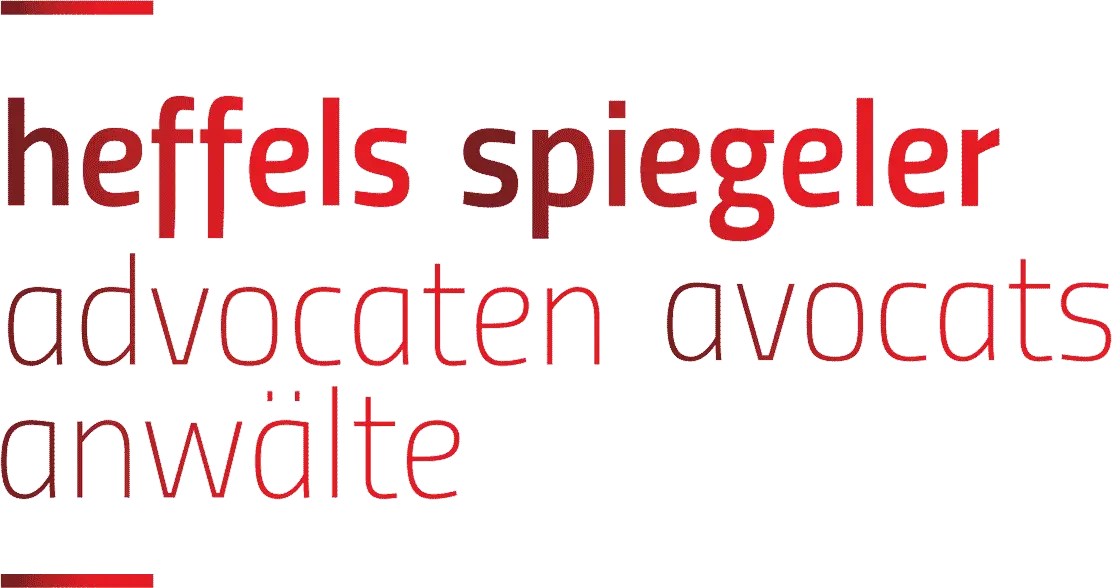 On 26 April 2022, the ECJ ruled in Case C-401/19 that the disputed Art. 17(4)(b) and Art. 17(4)(c) last sentence of Directive (EU) 2019/790. c, last sentence, of Directive (EU) 2019/790, which regulates the use of so-called upload filters and which Poland sought to have annulled, does not violate the right to freedom of expression and information enshrined in Article 11 of the Charter of Fundamental Rights of the EU.
On 26 April 2022, the ECJ ruled in Case C-401/19 that the disputed Art. 17(4)(b) and Art. 17(4)(c) last sentence of Directive (EU) 2019/790. c, last sentence, of Directive (EU) 2019/790, which regulates the use of so-called upload filters and which Poland sought to have annulled, does not violate the right to freedom of expression and information enshrined in Article 11 of the Charter of Fundamental Rights of the EU.
The Court pointed out in its decision that Internet platform providers must prove that they meet all the conditions for exemption provided for in Article 17(4) in order not to be held liable for uploads of unlawful content by users for which they do not have the permission of the right holders.
The conditions in (b) and (c) impose a de facto prior control on providers of the content that users wish to upload to their platforms, provided that they have received the information or notices provided for in Article 17(4)(b) and (c) from the rightholders. To this end, providers are obliged to use automatic detection and filtering tools. However, such control and filtering are an important means of limiting the dissemination of content on the internet, which is attributable to the Union legislature, since it is a direct consequence of the special liability regime.
ECJ clarifies limited scope of action
In its proportionality test, the ECJ also states that the restriction of freedom of expression and information appears necessary to protect the intellectual property guaranteed in Article 17 (2) of the Charter in order to do justice to this protection. However, the scope for interference must not go too far.
Thus, the Union legislator has at the same time set a clear and precise limit to the measures that can be taken in implementation of this obligation, in particular by excluding measures that filter or block lawful content when it is uploaded. The Directive requires Member States to ensure that users are allowed to upload and make available content generated by them for the specific purposes of quotations, criticism, reviews, caricatures, parodies or pastiches. Furthermore, providers must inform their users that they may use works and other subject-matter within the exceptions and limitations to copyright and related rights provided for in Union law. Moreover, the liability of providers can only be triggered on condition that the right holders concerned provide them with the relevant and necessary information about the content in question.
Article 17(4) of the Directive implies that the providers of online platforms cannot be obliged to prevent the uploading and making available to the public of content which they would have to assess independently in terms of content in order to determine its illegality. In this respect, it may be that the availability of unauthorised copyright-protected content can only be prevented after the rights holders have been notified. The Directive introduces several procedural safeguards in this respect, in particular the possibility for users to lodge a complaint or to go to court. In addition, the Directive mandates the European Commission to organise stakeholder dialogues to discuss best practices for cooperation between providers and rightholders and to issue guidance on the application of this regime.
In the eyes of the Court of Justice, the Union legislator has adequately limited the use of upload filters and provided users of internet platforms with sufficient means to defend their right to freedom of expression and information. Similarly, the right to intellectual property is to be ensured. According to the ECJ, when implementing Art. 17, it is up to the Member States to ensure that they rely on an interpretation of this provision that allows them to ensure an appropriate balance between the various fundamental rights protected by the Charter.
In Germany, the so-called Copyright Service Providers Act came into force in June 2021. Now it is up to the state to review the law to see whether it needs to be amended. In comparison, other member states have yet to implement the Directive at all. Nonetheless, the ruling highlights the importance and difficulty of agreeing between user rights compared to copyright on the internet and makes it clear that freedom of expression is just as important on the internet as it is in the real world.
Virginia Bagirian
